Get A Quote : +233 (55) 302 0080
-
-
Email Address : info@orangeadvisorygh.com
-
Woking Hours : 0800hrs - 1700hrs

Get A Quote : +233 (55) 302 0080
Email Address : info@orangeadvisorygh.com
Woking Hours : 0800hrs - 1700hrs

Ghana’s tax system offers various deductions and incentives designed to promote business growth and attract investment. These provisions can significantly reduce taxable income and overall tax liability for businesses operating within the country. Here’s a breakdown of the key deductions and incentives:
Tax Deductions
Businesses can deduct certain expenses and allowances from their taxable income:- Deductions are available for capital expenditure on qualifying assets, such as machinery, buildings, and equipment.
- Rates depend on the asset class, e.g., industrial buildings can claim up to 10% annually.
- Expenditure on R&D directly related to a company’s business operations is deductible, provided the research is conducted in Ghana.
- Businesses can deduct bad debts if they are proven irrecoverable and have been previously included in income.
- Salaries, wages, and contributions to pension schemes (such as SSNIT) are deductible.
- Interest paid on loans used for business purposes is deductible, provided the loans meet certain conditions under Ghanaian tax laws.
Tax Incentives
- Employers must register with the Social Security and National Insurance Trust (SSNIT) and contribute 13.5% of employees’ gross salaries (5.5% from employees and 8% from employers).
- Contributions must be paid to SSNIT by the 14th of the following month.
Corporate Governance and Reporting
- Agriculture: Businesses in agriculture enjoy a 10-year tax holiday, followed by reduced rates of 0%–15% depending on the activity.
- Manufacturing in Regional Areas: Companies outside Accra and Tema benefit from tax rates as low as 0%–20%, depending on the region.
- Businesses operating in Ghana’s free zones are exempt from corporate tax for the first 10 years, then pay a reduced rate of 15%.
- Newly established businesses in certain sectors like ICT and agro-processing enjoy tax holidays of up to 5 years.
Other Mandatory Compliance Obligations
- Businesses handling personal data must register with Ghana’s Data Protection Commission and comply with data protection regulations.
- Businesses in regulated industries (e.g., banking, insurance, and mining) must obtain and renew relevant licences from regulatory authorities.
- Companies in industries impacting the environment must secure permits from the Environmental Protection Agency (EPA).
- Income from non-traditional exports is taxed at a reduced rate of 8%, encouraging businesses to explore export markets.
- Real Estate Developers: Tax incentives of 0%–15% depending on the housing category.
- Mining and Petroleum: Special provisions allow for capital allowance claims and exemptions on imported equipment.
Key Benefits of These Provisions